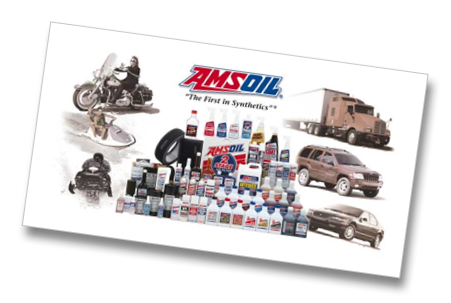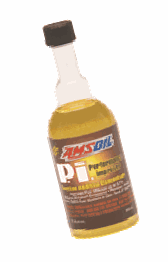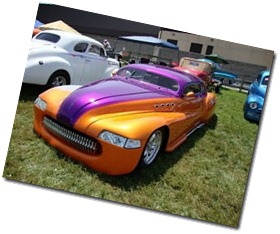How To; Get your vehicle to pass an emissions test.
Clean air is a great idea, but impacts us in many unforeseen ways. When politicians pass emissions test laws, this created a requirement for drivers to have cars in good enough shape to pass these tests which are intended to lower vehicle emissions. These emissions tests are more popular in the more polluted states, like California. Currently (2010), 18 states and the District of Columbia require safety tests of some sort. In some states, these inspections also are a general safety test of items like brakes, lights, and windshield wipers. I will not list all participating states here as the participating states may change. If you live in a emissions testing state, you know it.
Many people think that all pollution comes from older cars. That is not necessarily true. A well maintained older car can have cleaner exhaust and lower emissions than a five year old car that has never been maintained. The key is to properly maintain your car, and be cautious with major modifications.

Some modifications that can generate close scrutiny include things like exhaust modifications to remove the catalytic converters. Exhaust leaks can also cause a failure. One of the main causes of high emission levels is a car that is out of time; simply having the timing set correctly is a great first step. Non-sealing gas caps can cause issues by letting gas vapor escape; this is checked in some states. The EGR (exhaust gas recirculation) valve has to be working well. The EGR valve routes some of your exhaust back into the manifold to basically re-burn it to lower emissions. The oxygen sensor on most newer cars can also cause a failure if faulty. The oxygen sensor measures how much oxygen is in the exhaust and reports that information back to the engine computer. If the sensor is not working correctly, the engine computer cannot properly manage the engine. Many of these sensors and items will generate a check engine light in the car, so make sure your car is fixed and does not have a check engine light visible. The catalytic converter is the most expensive item, most likely, so check everything else first.
So, your plan of attack should be; make sure there is no check engine light on. Make sure that if you have any major engine or exhaust modifications that they are emissions test capable. Have the timing set properly. Check the gas cap. I have also read that filling up with 10 percent ethanol where it is available is also a good idea. Make sure you drive the car until it is warm first because the catalytic converters need to be hot to work. A good fuel additive can also help; the Amsoil Performance Improver fuel additive is formulated to reduce hydrocarbons up to 15 percent, and reduce carbon monoxide up to 26 percent, and reduce nitrous oxides up to 17 percent, all for around ten dollars.



 NSRA Street Rod Nationals South Plus. Where: Chilhowee Park & Expo Center Knoxville, TN When: April 30-May 2 2010 Hours: Friday 8:00 AM-5:00 PM Saturday 8:00 AM-5:00 PM Sunday 8:30 AM-2:00 PM Admission: Adults $14.00 Children (6-12) $5 5 & under Free
NSRA Street Rod Nationals South Plus. Where: Chilhowee Park & Expo Center Knoxville, TN When: April 30-May 2 2010 Hours: Friday 8:00 AM-5:00 PM Saturday 8:00 AM-5:00 PM Sunday 8:30 AM-2:00 PM Admission: Adults $14.00 Children (6-12) $5 5 & under Free 





